How to Protect Your Skin From the Sun
We all know that getting too much sun is one of the biggest risk factors for skin cancers and you probably also know that it is one of the biggest contributors to premature skin ageing too. However, even with all the warnings, it doesn’t seem to stop us from soaking up the sun as soon as we have good weather or from lying out in it when we are on holiday!
Now, this might shock you, did you know that even if you don’t burn, every time you expose your skin to the sun you’ll be causing damage? No? Well every time your skin changes colour or you get freckles you are damaging your skin, so it’s vital that you protect your skin at all times. Here are the facts you need to know so you can protect yourself from the sun’s harmful rays.
Wearing sunscreen is directly linked to fewer age concerns like fine lines, wrinkles and dark spots, so if you want to keep that youthful glow, sunscreen should be your skincare essential.
What is UVA and UVB Sunscreen?
There’s more to sunscreen than just being water resistant and having an SPF of 15 or an SPF of 30. Here, we aim to provide information to help you better determine the level of protection you need from your sunscreen. First of all, do you know the difference between UVA and UVB light and is your sunscreen protecting you from both?
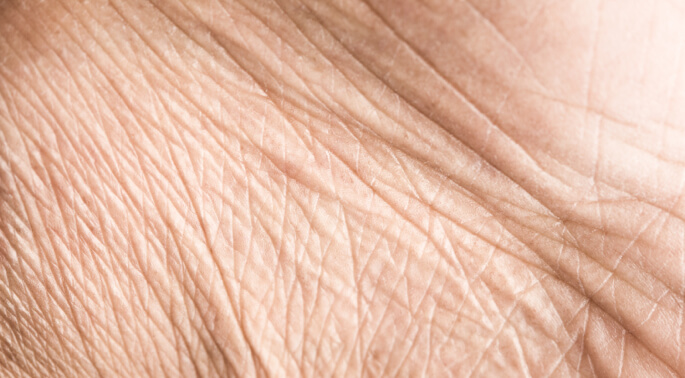
What does UVA & UVB mean?
Invisible rays in the form of energy are emitted from the sun and come in three forms. Ultraviolet A (UVA) light penetrates deeper into the skin than the second type, Ultraviolet B (UVB) light. UVA and UVB rays are thought to be the main cause of photo-ageing characterised by wrinkles, leathery skin, loss of elasticity and dark blotches. 99% of the ultraviolet radiation that reaches the earth’s surface is actually UVA yet, deceptively, we mostly hear about worries concerning UVB radiation. This is the form that causes the visibly noticeable “tan” and “sunburn”. The third type, Ultraviolet C (UVC) is mostly absorbed by the earth’s ozone layer and doesn’t reach the earth.
Due to UVA being a longer wavelength, it can penetrate through clouds and even through windows, meaning we should be protecting ourselves all year round from harmful UVA rays.
Does Sunscreen protect against UVA?
Yes, although in a recent study 83% of people are confused about which sun protection factor to buy to help protect their skin against UV rays and UVA ageing. Recent studies show that the most commonly used sun cream ingredients protect mainly against UVB rays which cause sunburning and not UVA rays that cause skin ageing, damage and skin mutations. In fact, only Zinc Oxide blocks all three ultraviolet rays; UVB, UVA1 and UVA2.
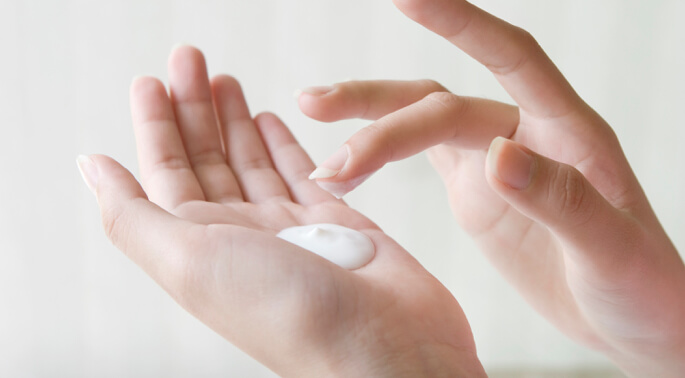
What are the active ingredients in sunscreen?
You may be interested to know that there is a difference between chemical and physical sunscreens. The sunscreen industry splits sunscreen into two categories; chemical and physical (aka mineral) filters. Chemical sunscreen absorbs into the skin and then it absorbs the UV rays, converts the rays into heat and then releases them from the body. The active ingredients in chemical sunscreens are often, avobenzone, octinoxate and oxybenzone.
Physical filters sit on top of the skin and reflect and scatters the UV rays away from the skin. The active ingredients in physical sunscreens are titanium dioxide and zinc oxide. Physical filters tend to have more Photo-stability and remain intact giving longer protection to UV exposure.
What level of protection do you need?
Products with SPF50 will block approximately 98% of UVB rays, but not everyone needs SPF50. SPF 30, which blocks 97% of UVB rays is good coverage for many people for every day but you might want to increase it if you are going on holiday. But remember, even if you have slathered on SPF50, you must still take other precautions.
Stay out of the midday sun, keep children under 3 years old completely out of the sun, wear a hat and T-shirt and of course remember to reapply your SPF regularly.
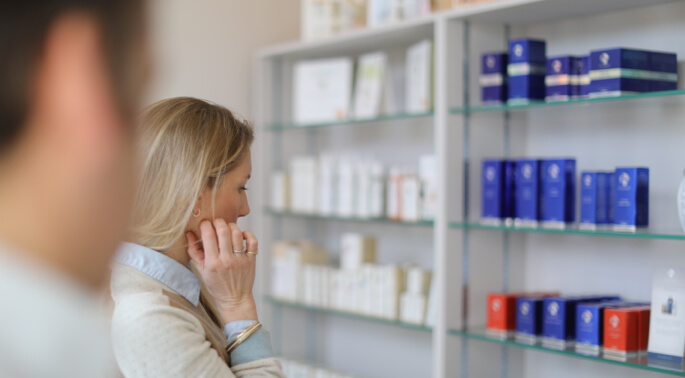
What sunscreen has UVA and UVB protection?
So, make sure you have a sunscreen that protects you from the broad spectrum of UVA as well as UVB light and ideally it should be a mineral filter i.e. it is a physical barrier and lasts longer. Check the sunscreen labels! But also make sure you apply enough high SPF and reapply it often enough too to avoid the UV radiation!
At thespaCLINIC we have a few different brands that we recommend so that you can find the right one for you. We love the Heliocare 360 range which includes a fantastic Invisible Spray for the whole body as well as a range of face SPFs which work like a moisturiser and foundation in-one making sure that you have got SPF 50 on your face every day of the year. We also love the iS Clinical sunscreen for your face so come in and talk to us about which is the best one for your skin type and needs.
how long can you keep SPF for and does it go off?
Once you’ve been on holiday with your SPF can you keep it for the next year or will it no longer protect you? Well if your sunscreen is unopened then you could keep it for about 2 years. The standard industry practice is that it is tested to be stable for up to 3 years if kept in ambient temperatures and out of direct sunlight.
You never know how long its been sitting in a warehouse for before you bought it, so to be safe don’t keep it unopened for more that 2 years.
What about once its been opened?
It should be effective for one year but make sure that you don’t leave it lying in direct sun as the heat can cause the ingredients to degrade and then be ineffective. So if you go away once a year, it’s definitely worth buying new sunscreen for your holidays rather than risking it and using the remains from last years holiday.
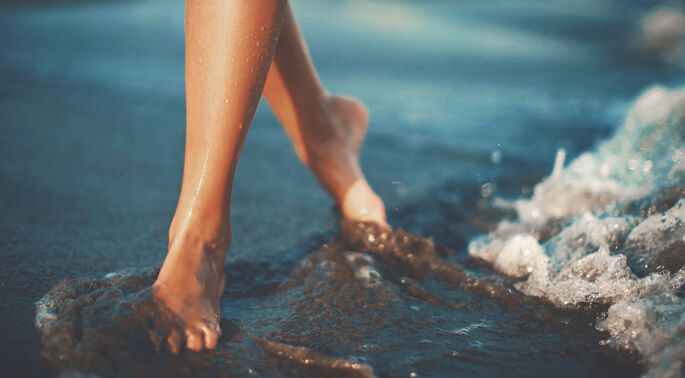
And finally, do waterproof sunscreens really work?
There’s no such thing as a totally waterproof sunscreen but some sunscreens do stay on in water better than others. It is therefore very important to get out of the water if you are swimming or children are playing in the water for long periods to reapply no matter what sunscreen you use. Water-resistant sunscreen is usually only effective for 40 -80 minutes before it will be entirely washed off so do check the label.





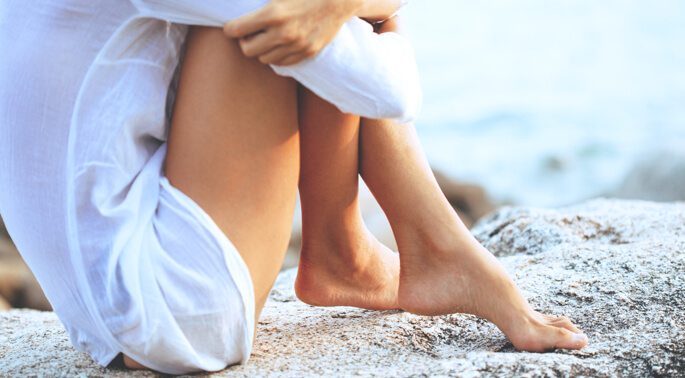
 Download Menu
Download Menu